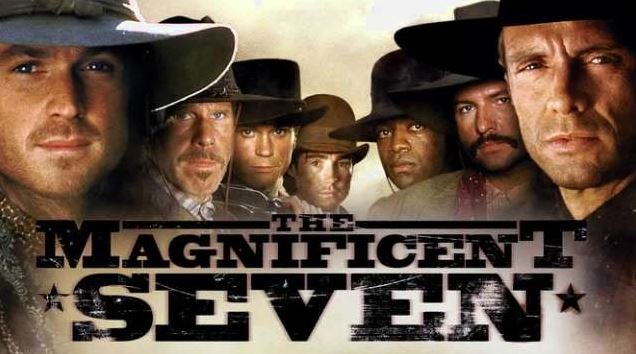Review: Fuqua’s Eight Unexpected Heroes Hold Their Own in ‘The Magnificent Seven’
Gallery

In an era flooded with Hollywood remakes, audiences searching for originality often do not find much more than a sharper aesthetic. While director Antoine Fuqua’s film certainly delivers polished fight scenes and crisp cinematography by Mauro Fiore, this “Magnificent Seven” seeks an identity of its own. Fuqua’s “Magnificent Seven” is not a remake of an original; John Sturges’s 1960 predecessor is also a remake. Sturges adapted the screenplay for his film from Akira Kirosawa’s classic, “Seven Samurai” (1954).
The three films share a plot: seven men who are skilled fighters unite to help a poor village defend themselves against greedy thieves. What makes the films beloved and still relevant, however, is their shared themes. We can still understand the struggle in balancing morals and capitalism. Also, who does not love a great underdog story? When seven underdogs unite for a just cause, and those underdogs happen to be incredibly skilled assassins taking on an army much larger in number, the result is cinema gold.
Undoubtedly, one of the draws of Fuqua’s “Magnificent Seven” is its cast, which includes actors who we easily favor as heroes, like Denzel Washington, Chris Pratt, and Ethan Hawke. However, our “heroes” are certainly not your typical, romanticized white cowboys. They are a motley troop, human and haunted, with some on the right side of the law, and some not. These seven are not a bunch we would find fraternizing in a western movie from half of a century ago, nor through the North American Southwest in 1879, where the film is set. However, there are not merely seven heroes on this journey as the title dictates; there is an eighth hero, and her name is Emma Cullen.
Emma, who is played by Haley Bennett, brings the seven men together to obtain justice for her people. In her own words, she was “the only one with balls enough to do so.” Emma is undeniably tenacious, and proves herself to be as much of a hero as any other. The film struggles to extend its diverse reach toward feminism, and lands a bit short. While Emma is nearly as round of a character as the seven men, she is the only female in the film with more than one speaking line. The implication of a woman’s worth is conveyed too passive-aggressively to make the statement the film is vying for.
Despite being “The Magnificent Seven,” rather than the rightfully “Magnificent Eight,” the film is humorous, evocative and fun. Fuqua’s “Magnificent Seven” succeeds in establishing a unique identity for itself, and leaves its audience with a sense of hopefulness.
“The Magnificent Seven” (2016) is rated PG-13. Running time: 2 hours 13 minutes
